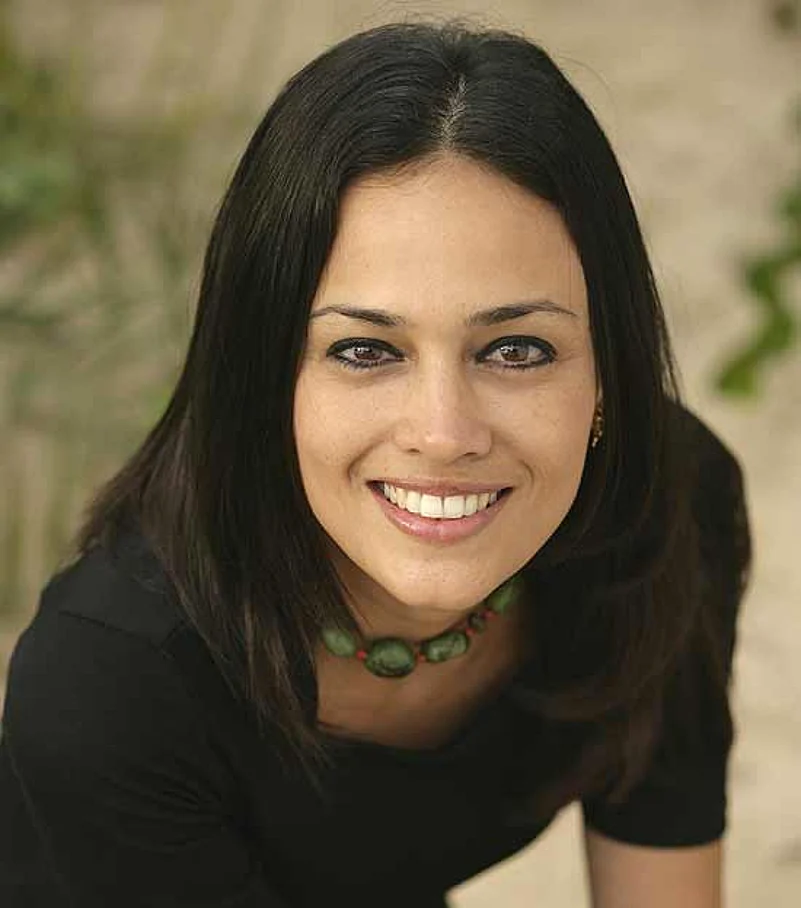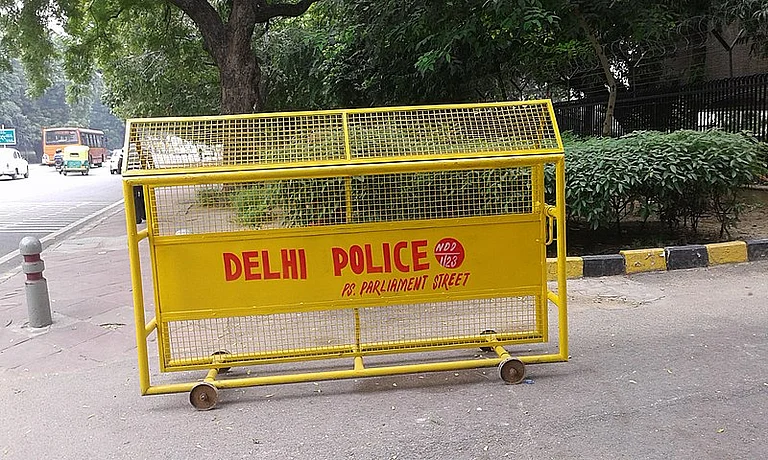After Pleasure Seekers, your debut novel, do you feel like you returned to familiar terrain?
It was a kind of homecoming, yes.
Poetry doesn’t have a large following; do you have to promote your books a lot?
Yes, I’ll read to anyone who will listen—software engineers, students, fashionistas. This summer, I’ll be performing at the South Bank Centre in London as part of Poetry Parnassus with poets from 204 Olympic nations. I hope it will bring poetry to the centre.
This collection is easy to empathise with as it deals with universal themes: loss, love...
I am not looking for empathy in a reader so much as a sense of resonance. The idea is not to cast the reader into gloom but to offer poetry as a way of bridging these perennial issues.
How personal are these poems?
All my poems begin with an impulse, which is usually personal: the sight of buffaloes running or the story of a tsunami survivor. What’s interesting is where the impulses take you.
What was the trigger?
I read the paper, walk about, listen to people.
After the Dance, the last poem in the collection, is in memory of Chandralekha?
Very simply, I loved her. She was an extraordinary woman. Though I’d lose sight of her for days, she always returns as a memory, an anecdote, a dream. And always, always in her work.
This collection is also diverse in the kind of locales—Madras, Wales, Bhutan.
The poems map my own wanderings in different countries, but they also venture into the trickier territories of space and time.
Is that the Elsewhere?
The ‘elsewhere’ interests me—what we give up, what we gain as we move about the world.
It was in your Countries of the Body too?
These are quieter poems, more meditative.
Describe, in three words, the process of creating Everything Begins Elsewhere?
With-out-anxiety


























